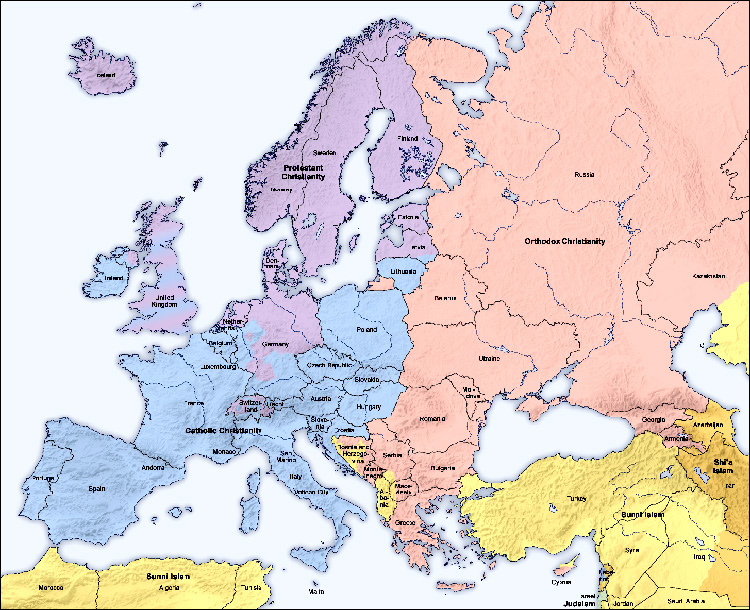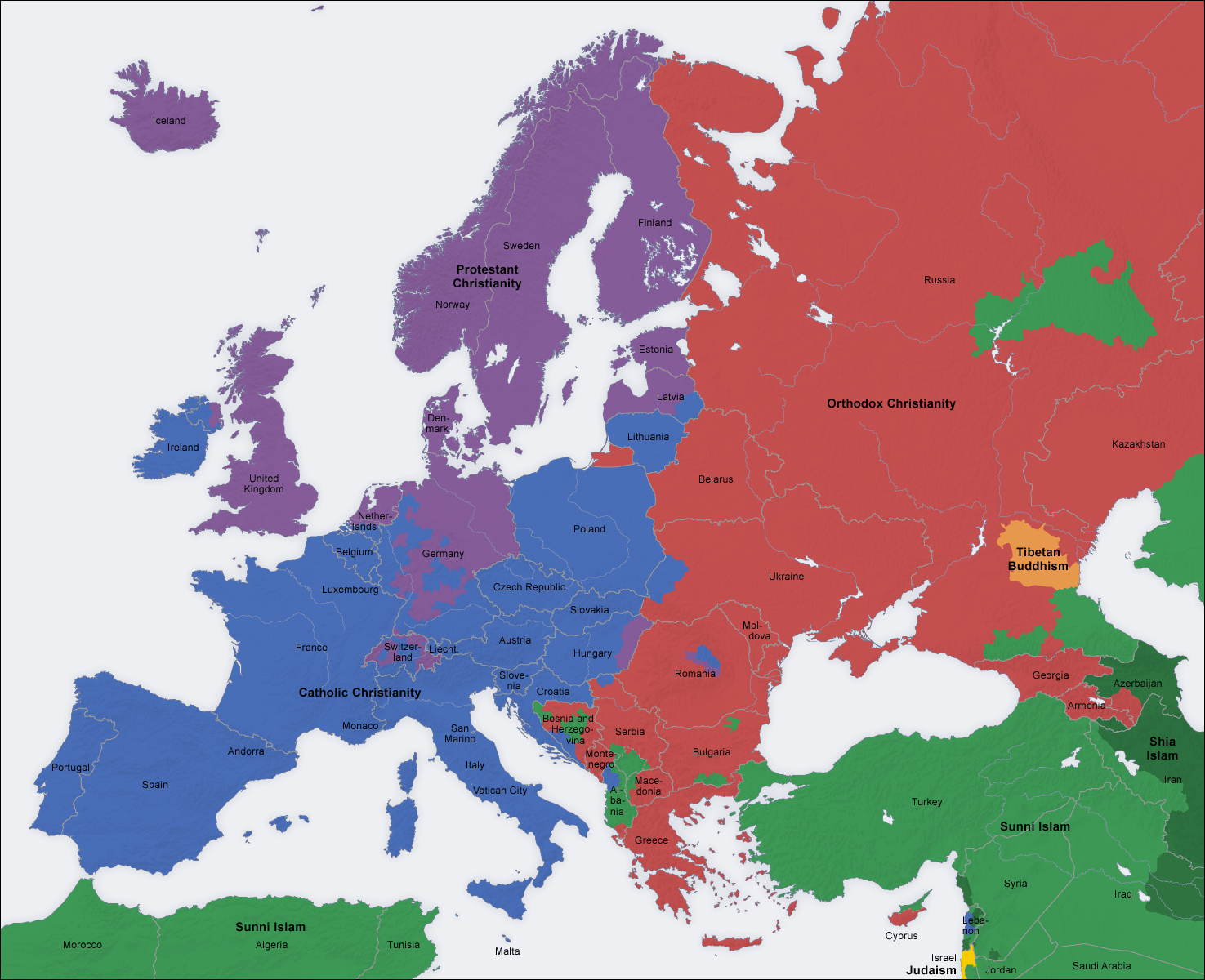You are using an out of date browser. It may not display this or other websites correctly.
You should upgrade or use an alternative browser.
You should upgrade or use an alternative browser.
Altered Maps VII: Making the World a Better Place
- Thread starter Joecoolyo
- Start date
- Status
- Not open for further replies.
But you see, that's not how it works. We see the political spectrum differently. There are at least (!!) two dimensions of policy - the economic dimension (how the economy should be organized/regulated) and the social dimension (to what extent should peoples' public/private lives be regulated by the state).
Unfortunately, there is not a perfect correlation between the two, which is what is skewing comparisons between European and American politics.
For example, let's take the word "liberal". In Europe this can mean both social and economic liberalism, but in most cases liberal parties are seen as centre-right. In the US it's a generic term for all things "left wing", because there is a marked conflict between conservatives and liberals. This isn't true in Europe - conservative parties (Christian Democrats, moderate nationalists, etc.) like to make coalitions with the Liberals. There is one such coalition in Germany, another in Sweden IIRC, and now even in Britain (!!!).
It's like if we were using two completely different "operating systems". Or rather, different units of measurementIt's thus extremely difficult to make good analogies between American and European politics.
I know, I know, you don't have to go into speech mode

I was just saying, if you boiled it all down into the most simple, bare-bone, left and right... er whatever. This is all stemming from my misinterpretation of your post, there's really no need to continue all this talking when there's maps to be examining!
SuperBeaverInc.
Groucho
PiMan
Deity
Huh? Look at Germany, plenty of regional distinctions there in both maps.
Huh? Look at Germany, plenty of regional distinctions there in both maps.
Yes, but Albania for example has neither an orthodox south, nor a catholic north in the first map

Bobbtjoe
Emperor
Cynovolans
Not in my dimension.
Kalmykia ain't Hindu, it's Buddhist! 
EDIT: Or does that actually say Kalmykia has its own Eastern Christian church? Stupid shades of pink, they all look the same.

EDIT: Or does that actually say Kalmykia has its own Eastern Christian church? Stupid shades of pink, they all look the same.
Heretic_Cata
We're gonna live forever
It's funny how that map put Moldova, who is the country with the highest precentage of orthodox christians, as one of the "no dominant religion - nonreligious".
Also, Oman WTH ?
Also, Oman WTH ?
Bobbtjoe
Emperor
aronnax
Let your spirit be free
I hate that map, so much.
Oh god, I concur.
The world's first official atheist nation is coloured Islamic blue despite having only some 25% of its people having religious beliefs.
I hate how the various religions of Eastern Europe stop just at the border.
Pattani is heavily Muslim.
China is not non-religious.
Germany is just wrong.
Why is there a streak of brown across Finland and Sweden?
- Status
- Not open for further replies.
Similar threads
- Replies
- 506
- Views
- 26K
- Replies
- 218
- Views
- 15K
- Replies
- 0
- Views
- 2K
- Replies
- 211
- Views
- 35K






